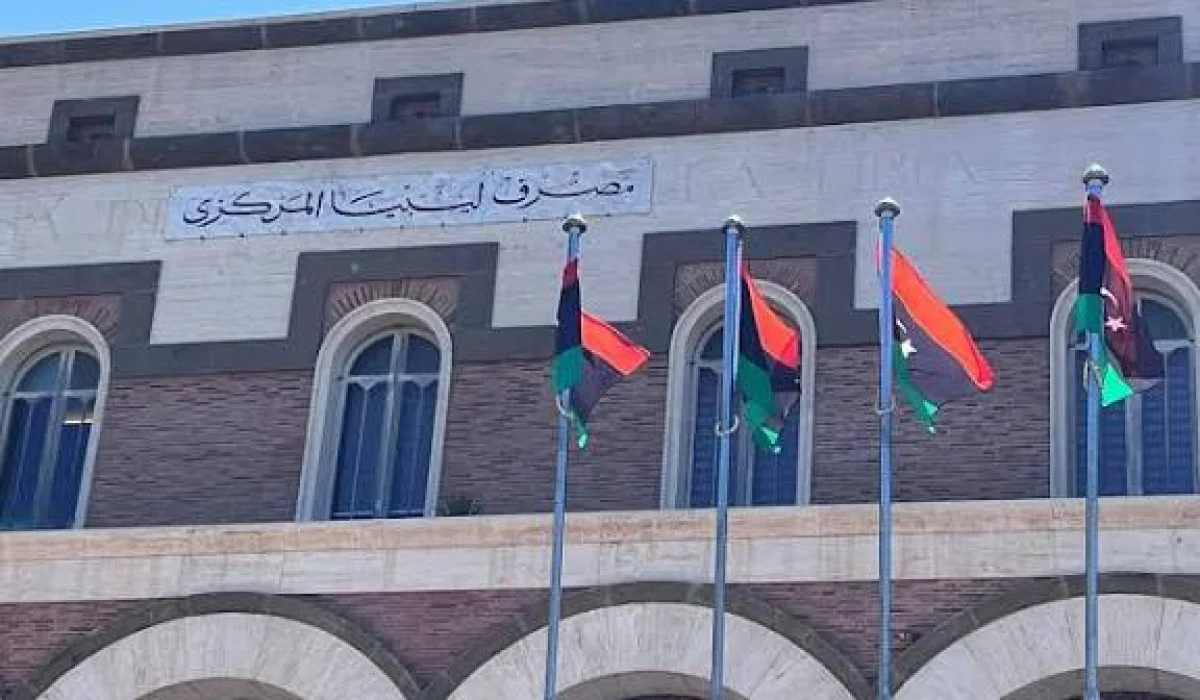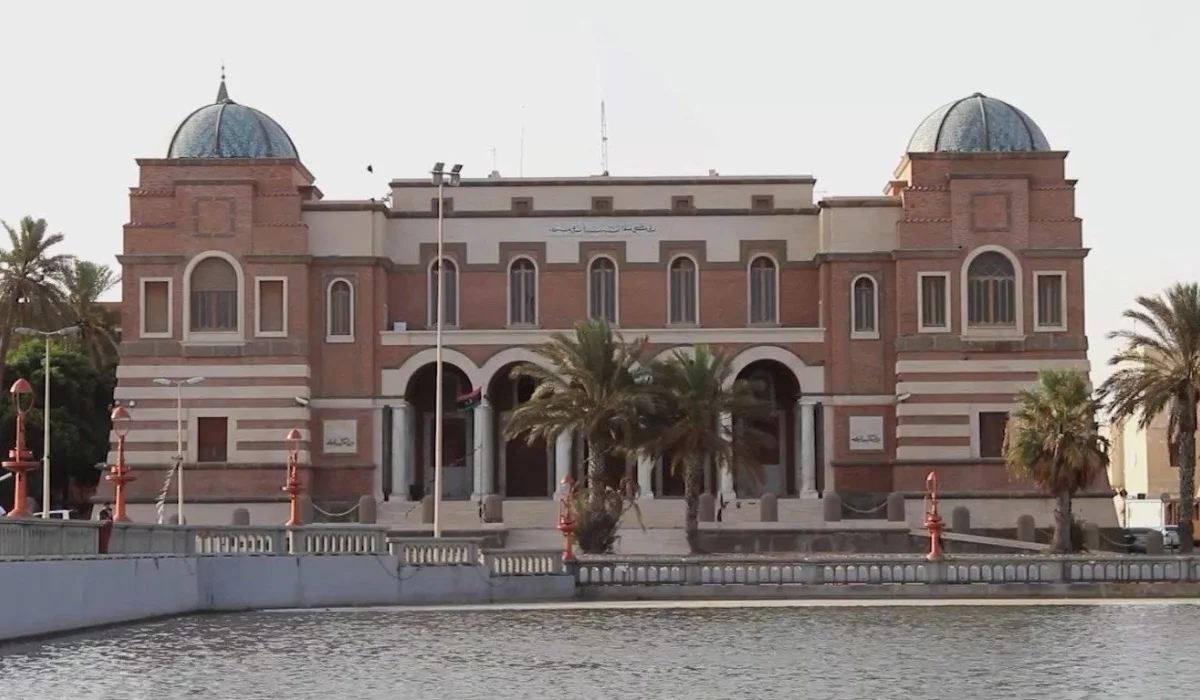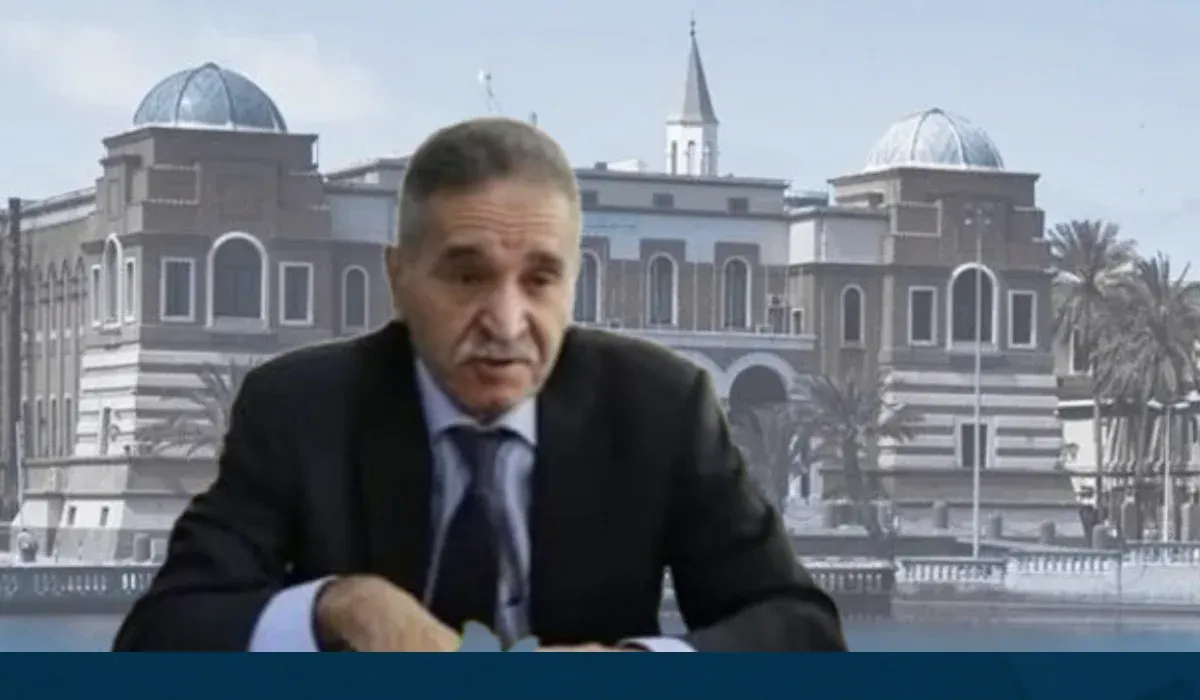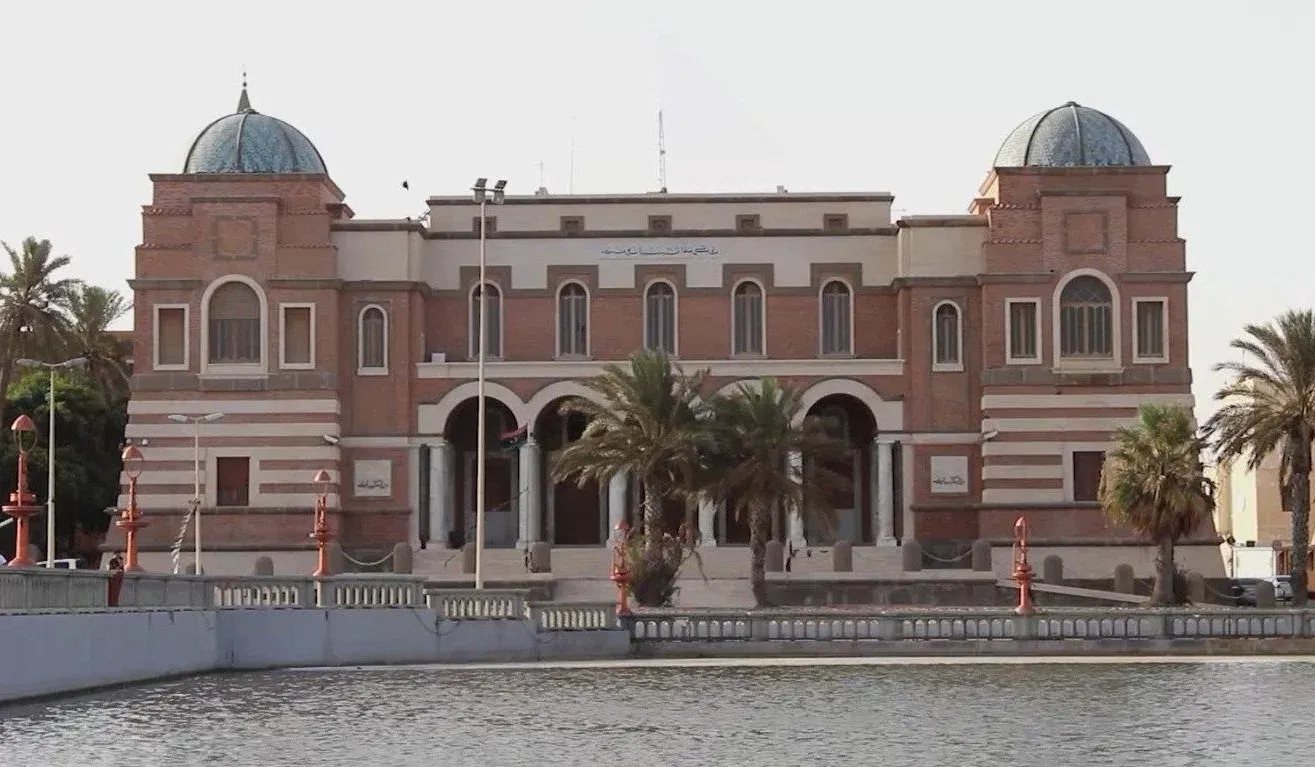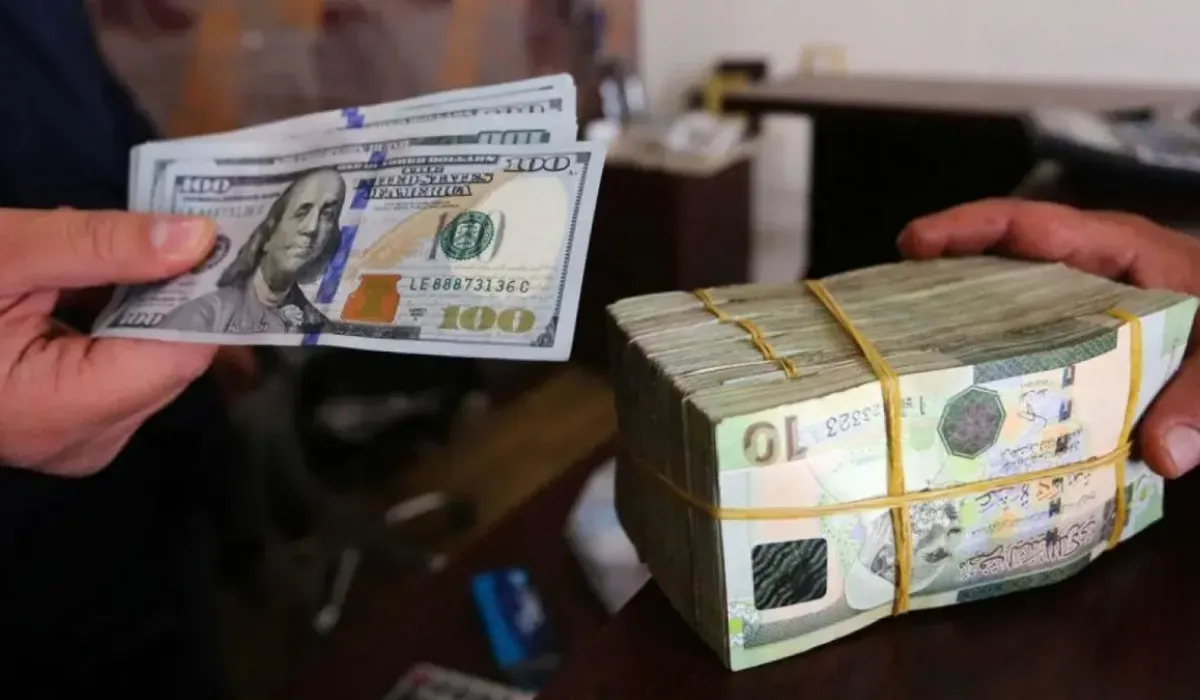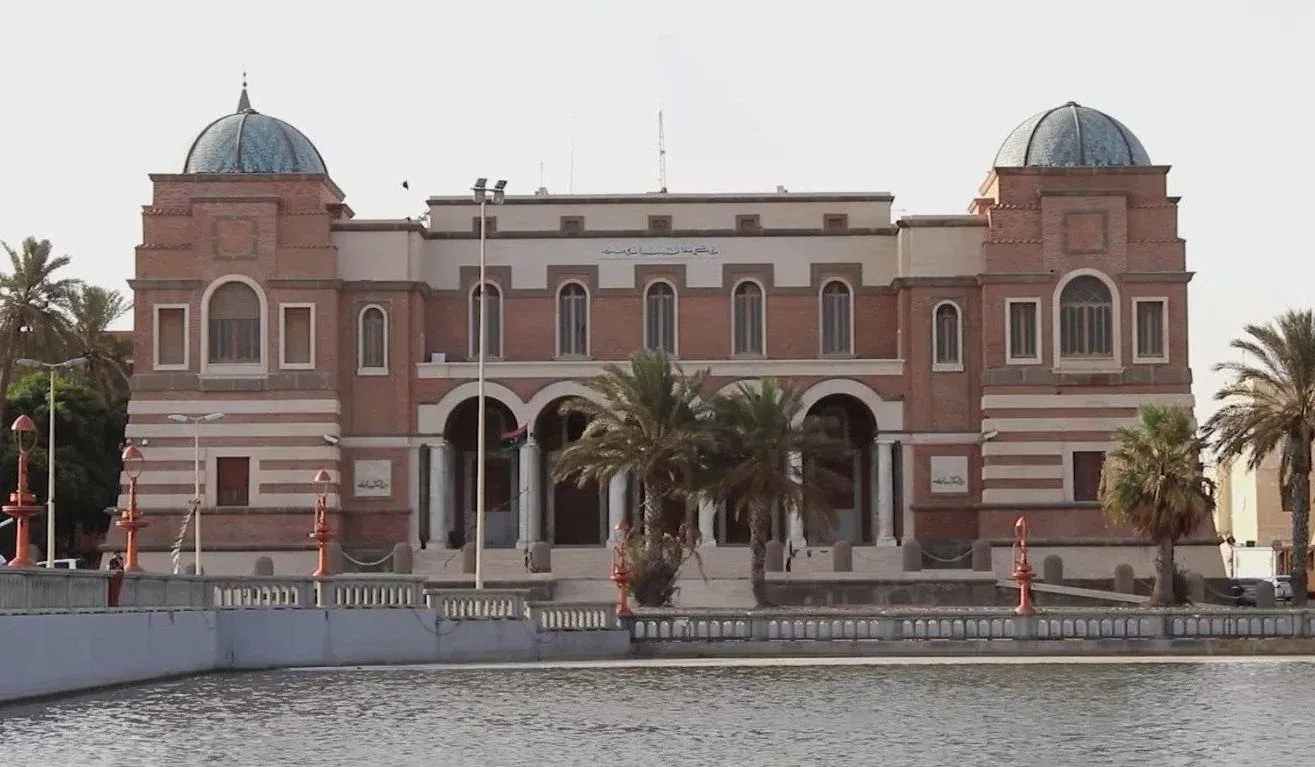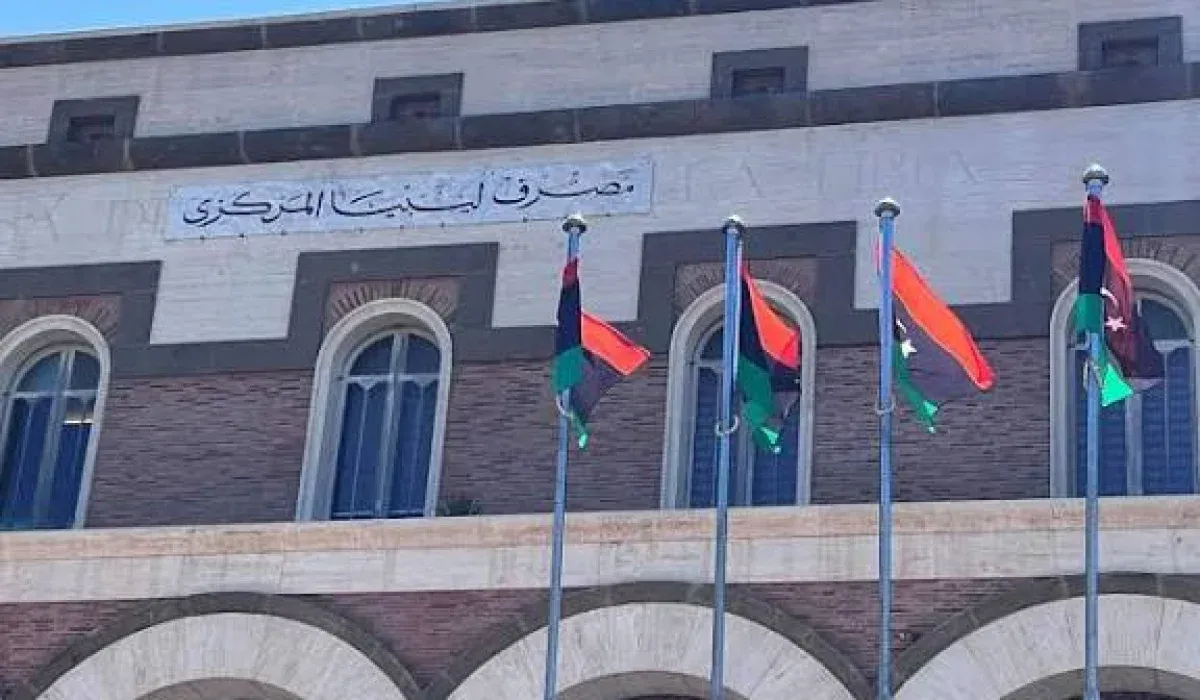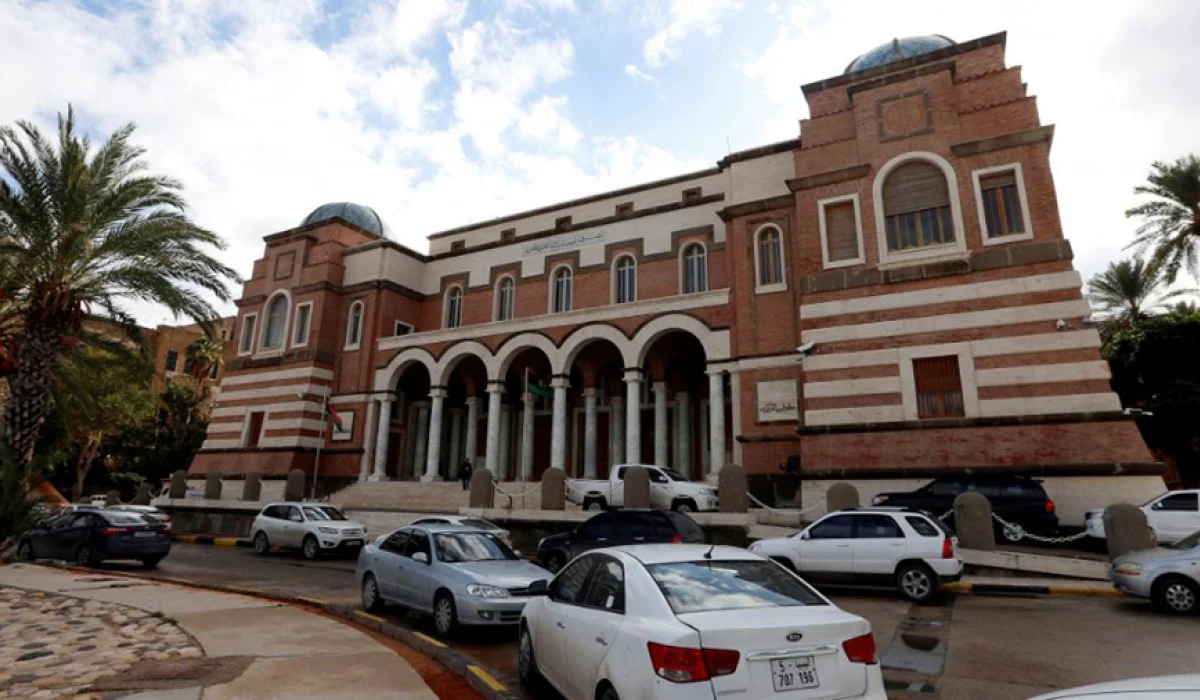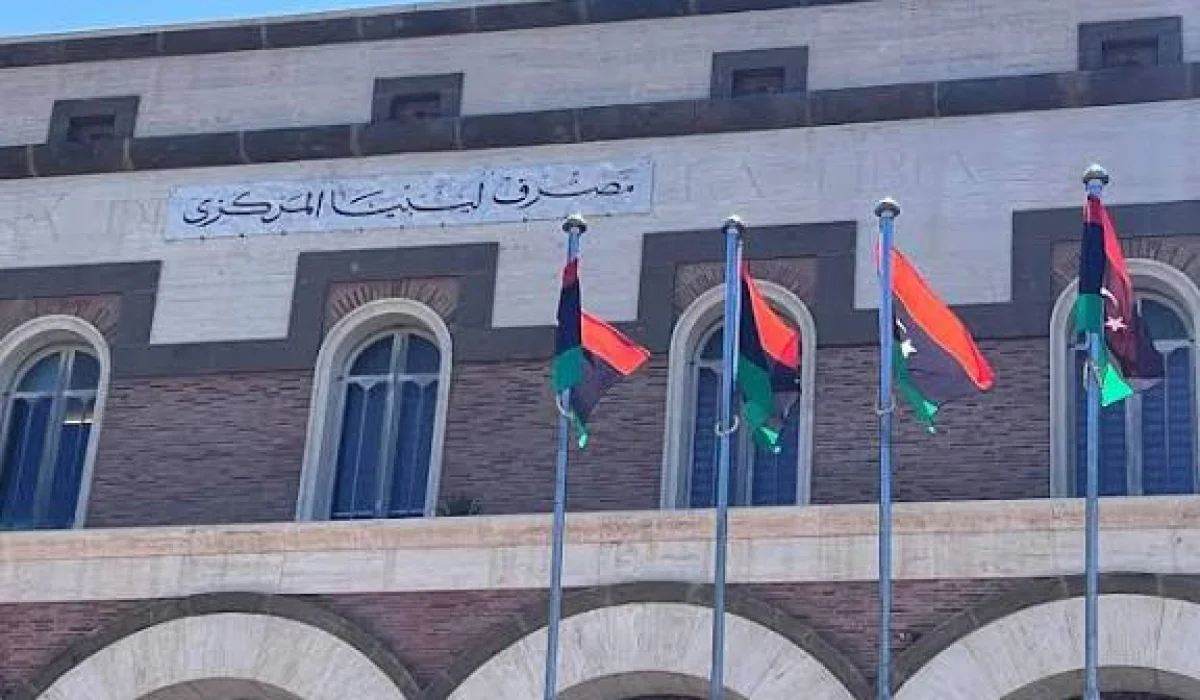Economic expert Mohamed Al-Sanussi spoke exclusively to our source regarding the exchange rate adjustment, stating that the Central Bank’s decision is a repetition of failure and merely a new experiment among those it has conducted for years—experiments that specialists can tell from the outset will fail even before they begin. Despite later proving unsuccessful, they are neither changed nor are those responsible held accountable; instead, they are repeated in the hope of different results.
He added that the economic problem in Libya is primarily a fiscal one, not a monetary one. It is a fiscal problem characterized by uncontrolled spending and oil revenues that are siphoned off and not fully transferred to the Central Bank. Accordingly, the fundamental solution is to ensure that spending is conducted under a budget approved by Parliament—this same Parliament that managed to impose a tax on Libyans should, by extension, be able to impose a unified budget for the two governments.
He further stated that the Central Bank must compel Parliament to approve a unified budget in which expenditures are lower than revenues. Just as it was able to force many public entities to operate under the “Your Salary Instantly” system, it is capable of compelling Parliament to approve a unified budget and to transfer all oil revenues to the Central Bank. This can be achieved by adjusting the exchange rate to a level the Bank can defend—even if that rate is ten dinars. As for the current adjustment and the imposition of taxes, this will worsen the situation, as the gap between the official rate and the black-market rate will persist and widen, corruption in letters of credit will continue, and the Central Bank will be unable to meet demand for dollars. What the Central Bank has done now is akin to taking half a treatment—and half a treatment will not cure the dire condition the Libyan economy has reached.
According to Al-Sanussi, the Central Bank must stop remaining silent and neutral and instead take a firm stance to protect reserves and adjust the exchange rate to higher levels it can defend until the fiscal situation improves. Only when a unified budget lower than revenues is approved and revenues are fully transferred to the Central Bank will it then be able to reduce the exchange rate.
He continued by saying that the Central Bank now bears full responsibility due to its neutrality, its accommodation of governments, and its failure to confront runaway fiscal conditions. However, if it clearly explains the situation to the Libyan people and adjusts the exchange rate to higher levels, public pressure would shift from the Central Bank to Parliament and the governments, forcing them to reduce spending.
He concluded by stating that the existence of two exchange rates is evidence of the Central Bank’s failure, whereas having a single exchange rate—and its decline—is a result of fiscal conditions, corruption, and smuggling. Therefore, eliminating the gap between the official rate and the black-market rate would mean the Central Bank has fulfilled its role.
But if the official rate rises from 6 to 8 and then to 10, and that rate at banks equals the parallel-market rate, this means the governments have failed, not the Central Bank. What we are experiencing today is the failure of both the governments and the Central Bank together.


